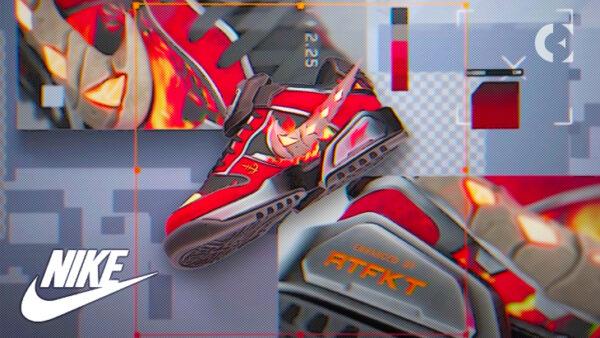“This content has been restricted. Using Cloudflare’s basic service in this manner is a violation of the Terms of Service.”
“This content has been restricted. Using Cloudflare’s basic service in this manner is a violation of the Terms of Service.”
Samuel Cardillo, who is the technical lead at RTFKT, said that CloneX is being moved to ArWeave for decentralized storage and should be back to normal shortly.
This incident points out the importance of decentralized storage in the NFT ecosystem. While NFTs themselves are stored on the blockchain, their associated media often relies on external servers. In case these servers become unavailable, the NFT’s visual representation can be lost, which highlights a rather big vulnerability in the current infrastructure.
As such, CloneX’s ongoing transition to a decentralized storage solution like ArWeave is crucial for the longevity and reliability of the NFTs. Decentralized storage solutions are there to make sure that digital assets remain accessible and intact, preserving their value and significance in the digital art and collectibles market.
For context, RTFKT (pronounced “artifact”) is a digital fashion and NFT studio that, in collaboration with Japanese contemporary artist Takashi Murakami, launched the CloneX NFT collection in November 2021. This collection features 20,000 unique 3D avatar NFTs, each designed with anime-inspired aesthetics and intended for use in the metaverse. A month later, Nike acquired RTFKT.
The acquisition led to collaborations that bridged the gap between virtual and physical products, such as the launch of RTFKT x Nike Air Force 1 sneakers inspired by CloneX designs.
Each CloneX avatar is a fully rigged 3D model, allowing owners to use them across various digital platforms and virtual environments while being granted commercial IP rights. In other words, the owners can utilize their avatars for branding, merchandise, and other creative endeavors.
